Innovative and thought-provoking, Mumbai: Political Economy of Crime and Space presents a new approach to the study of crime in Mumbai. The author’s primary objective is to understand the relationship between spatial distribution and the cause of crime in the city. The book analysis how economic and political interests create socio-religious, cultural and regional schisms resulting in the ghettoisation of religious minorities and politically sponsored violence.
A substantial addition to the current research on urban crime in India, this book offers the first detailed area-wise social analysis of crime in Mumbai. It presents a comparative analysis of crime vis-à-vis the other mega cities-Delhi, Kolkata and Chennai. It draws on crime data from 1975 to 2005 for the 83 police stations, 13 zones and 5 regions in the city. It uses recent and advanced methods of Geographic Information Systems (GIS), spatial econometrics and geo statistics to understand the political economy of crime. Emphasis is laid on the need to improve environmental designs and socio-economics conditions to bring down crime rates, especially in the high delinquency areas of the city.
This book, rich in data, will be immensely useful to students and scholars of sociology, criminology, geography, urban planning and development studies. It will be valuable for law enforcing agencies, administrators and civil society groups.

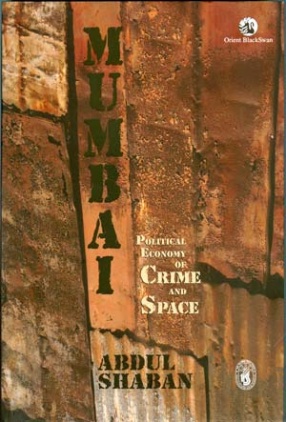
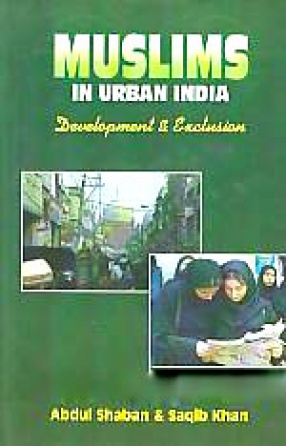
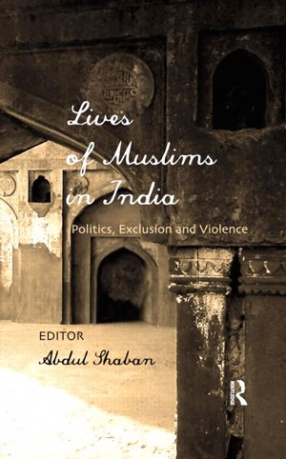
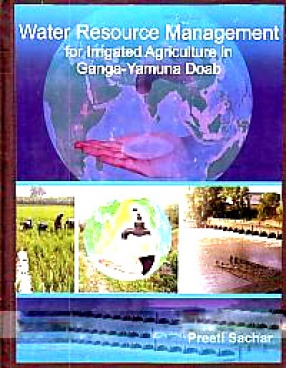

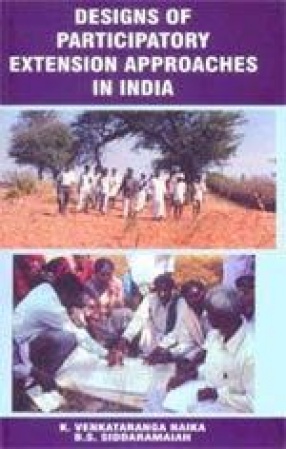
There are no reviews yet.